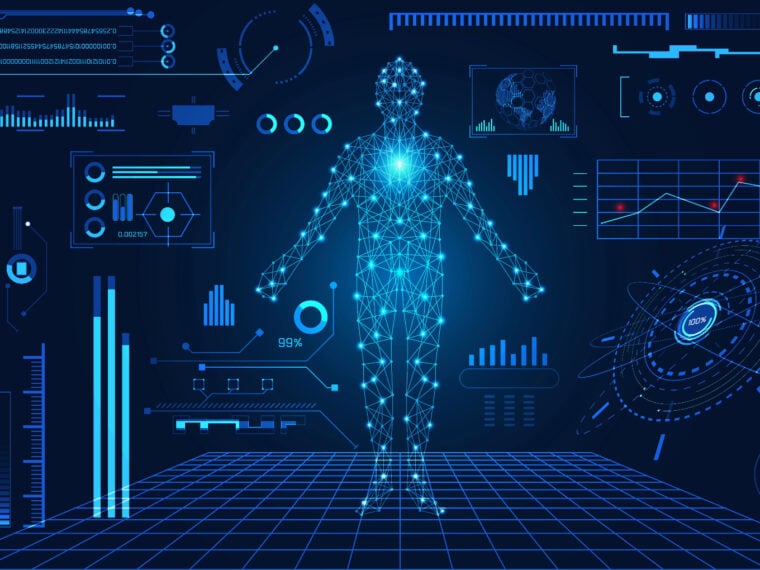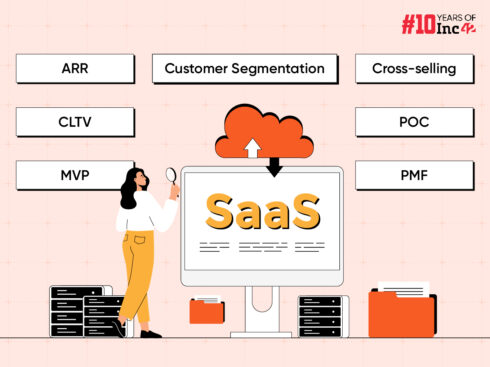
SUMMARY
The deployment of AI in healthcare also raises concerns about data privacy, security, and the potential for bias in algorithms
The transformative potential of AI in healthcare is not evenly distributed. In regions with disparities in healthcare access
The rapid advancements in AI technology raise questions about the need for ongoing training and education for healthcare professionals to effectively utilise these tools
In recent years, the healthcare industry has witnessed a significant transformation, largely attributed to the emergence of artificial intelligence (AI) and machine learning technologies.
AI has undeniably made noteworthy strides in healthcare, particularly in diagnostic processes. AI-powered solutions have revolutionised disease identification and treatment by rapidly and accurately analysing medical images such as X-rays and CT scans.
These innovations have led to improved diagnostic speed and accuracy, which, in turn, have the potential to enhance patient outcomes and reduce healthcare costs.
However, it is essential to acknowledge that AI’s impact extends beyond diagnostics and is not without its challenges. While AI-powered solutions have demonstrated capabilities in detecting diseases in asymptomatic patients, questions regarding accuracy and reliability must be considered.
The deployment of AI in healthcare also raises concerns about data privacy, security, and the potential for bias in algorithms, which require ongoing scrutiny and safeguards.
Moreover, the transformative potential of AI in healthcare is not evenly distributed. In regions with disparities in healthcare access, AI can indeed help level the playing field, but the implementation of such technology must be carefully managed to ensure it reaches those who need it most.
Role Of AI-Powered Tools
Recent case studies have shown that this is possible. AI-powered tools have reduced reporting times in smaller healthcare facilities with limited specialist resources. This innovation has had a positive impact on stroke care, emphasising the importance of timely diagnosis and intervention.
Beyond regional boundaries, AI has shown promise in improving lung health globally. Collaborations between AI providers and healthcare organisations have resulted in innovative solutions for pulmonary diseases, contributing to the early detection of lung cancer and chronic obstructive pulmonary disease (COPD), among other conditions.
Globally, AI healthcare applications have made significant strides in streamlining patient information access for healthcare professionals, thereby facilitating more informed and efficient decision-making. Among the notable advancements, the integration of AI-driven electronic health records (EHRs) has had a profound impact on patient care and healthcare delivery efficiency.
Traditionally, accessing and retrieving patient information from paper-based records or older digital systems could be time-consuming and, at times, cumbersome. However, with the incorporation of AI into EHRs, healthcare providers now have at their disposal a powerful tool that not only digitizes and organises patient data but also augments their decision-making capabilities.
One of the key advantages of AI-driven EHRs is their ability to streamline the process of retrieving patient information. Through natural language processing (NLP) algorithms, these systems can swiftly interpret and extract relevant data from a patient’s medical history, test results, and treatment plans. This means that healthcare professionals no longer need to sift through extensive records manually, saving valuable time that can be redirected toward patient care.
Moreover, AI-powered EHRs offer real-time updates and alerts. These alerts can notify healthcare providers of critical changes in a patient’s condition or lab results, ensuring that healthcare teams remain well-informed and can respond promptly to emerging medical issues. This real-time monitoring and notification system can be particularly vital in emergency situations or when patients require rapid intervention.
Another advantage lies in the ability of AI to identify patterns and trends within patient data. By analyzing vast datasets, AI algorithms can identify correlations that might not be immediately apparent to human practitioners. This analytical capability can assist healthcare professionals in making more accurate diagnoses, predicting disease progression, and tailoring treatment plans to individual patients.
In personalised medicine, AI has the potential to revolutionise treatment approaches by analyzing vast datasets of patient information and genetic profiles. This can lead to tailored treatments, optimizing therapeutic outcomes, and minimizing potential side effects.
In Conclusion
While AI undoubtedly offers tremendous potential to enhance healthcare, it’s important to recognise that its integration into the industry is an ongoing journey filled with both promise and complexity.
The rapid advancements in AI technology raise questions about the need for ongoing training and education for healthcare professionals to effectively utilise these tools.
Additionally, the ethical considerations surrounding AI, such as data privacy and algorithm biases, must be addressed vigilantly. Striking the right balance between innovation and safeguarding patient interests remains a key challenge.
Nonetheless, as we navigate these challenges, AI’s transformative role in healthcare continues to evolve, offering exciting opportunities for improving patient care and healthcare practices.


























